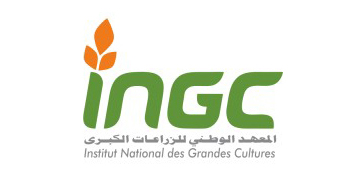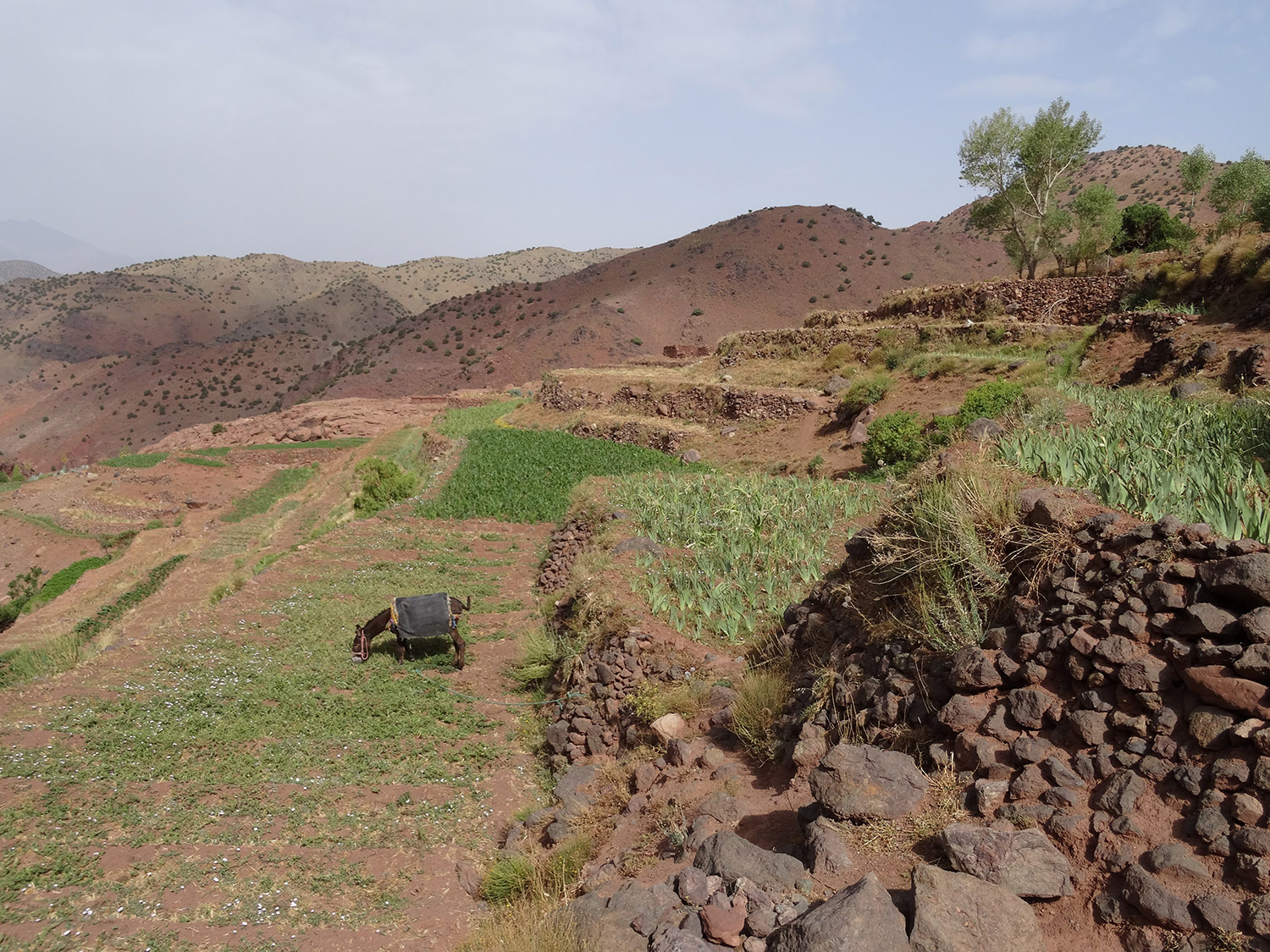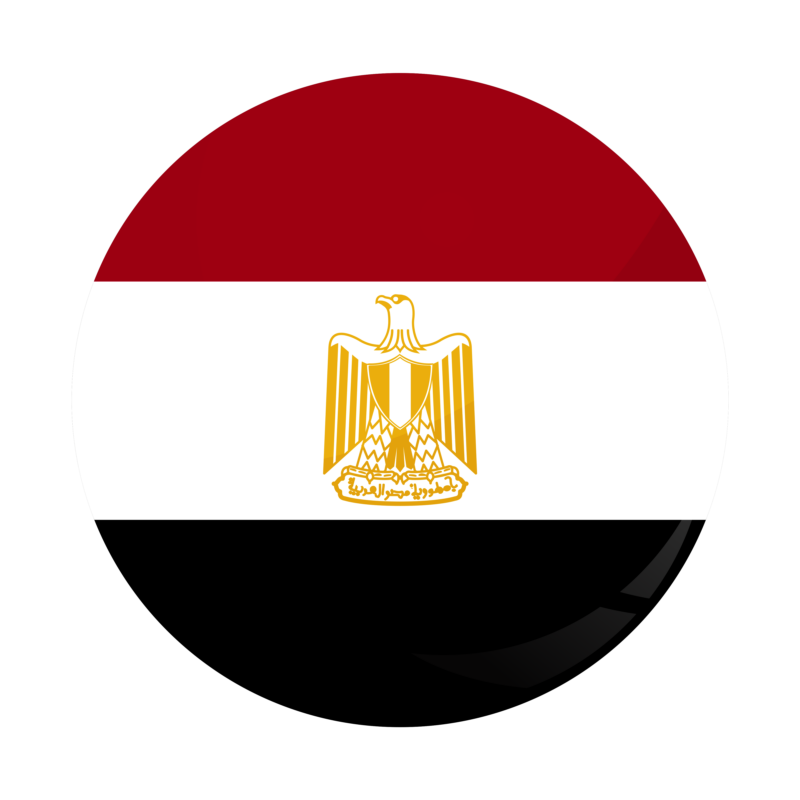About
Overview of the Project
Agroecology is increasingly recognized in local and international spheres as a relevant answer to actual and future agricultural, rural and food security challenges. Agroecology is defined as a scientific discipline, a set of agricultural practices and a social movement.
Agroecological transition refers both to a process of dissemination of the most promising agroecological practices at farm level and to the extension of agroecological principles to the whole food system. Five levels of agroecological transition are defined and recognized, from farm to fork.
Agroecology transition can be particularly appropriated in North Africa which is the most food-import-dependent region in the World and a climate change hotspot, and where climate change and population growth forecasts predict an aggravating situation.
The adoption of agroecological practices can in particular allow the improvement of food and agricultural systems’ performances; food and nutrition security; or vulnerable rural populations’ resilience and adaptation to climate change.
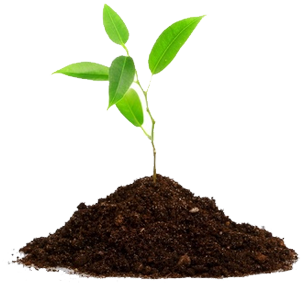
The process of agroecological transition is often seen as context specific, but it is also based on transdisciplinary approaches, in which the agroecological knowledge is shared and co-built between the farmers and the researchers and intends to make connection with consumers and therefore food system, through structured dialogue and exchanges in particular with public decision-making and civil society associations.
In this context, the NATAE project (North African Transition to Agroecology) will set 7 living labs in a participatory way so as to characterize, assess and stimulate local stakeholders’ dynamics around the agroecological potentials and constraints for the region. Furthermore, these living labs represent the main relevant agro socio environmental zones of the region: oasian systems; and peri-oasian; peri-urban areas; mountains; cereals plain; irrigated valley and plains. Last, they are characterized by previous development and research projects implementation in the field of sustainable agriculture bringing in valuable inputs with regards to already existing agroecological practices.
NATAE aims at identifying optimal combinations of agroecological practices, and developing a replicable methodology to design evidence-based locally-tailored strategies for Agroecology transitions on one hand, at networking through the setting-up of a durable Mediterranean network and community of knowledge: MEDAE. Building on the strength of an exceptional multi-actor and multidisciplinary consortium, NATAE will broadly disseminate its findings, impacting future curricula in North Africa and Europe, future development programs and future policies.
NATAE is a project funded by the European Commission that started in December 2022 and will end in November 2026.
Ethics and protection of personal data is an essential element in NATAE. To ensure compliance of the project implementation with EU best practices and national state policies of relevant countries when applicable, NATAE has appointed an External Ethics Advisor to ensure that all the identified ethics issues are taken into consideration and adequately addressed. Additionally, an Ethics Guideline is being prepared and shall constitute the main document upon which the EU values and regulations are translated to the relevant context of the NATAE project and which will be used by the project partners for guidance and compliance.
Objectives
The aim of this project is to bring together high-level research and education institutions from around the Mediterranean, international organizations and specialized NGOs with long-term presence on the ground to demonstrate that agro-ecological approaches, tailored locally to the diversity of farming systems, can offer adequate solutions to food system challenges in North Africa.
(SO1) To Comprehend
● To identify promising agroecological practices combinations
● To analyze stakeholders’ knowledge and perceptions on agroecology
(SO2) To Assess
● To measure the qualitative and quantitative impacts of agroecology strategies for different farming systems
● To identify levers and constraints for the agroecological practices diffusion and conditions, means and tools to support agroecological transitions
(SO3) To Enlarge
●To broaden agroecological value chains
● To strengthen market access strategies for small producers and to enhance consumers' demand for agroecological food products
(SO4) To network
● To set up a Mediterranean multi-actor network on agroecology, fostering knowledge exchange across different communities
(SO5) To Empower
● To empower key stakeholders in charge of policy elaboration and higher education to foster agroecological transition.
Work Packages
NATAE project work is structured in 7 different work packages lead by different partners of the project:
WP1 aims to develop an integrated evaluation framework to perform a multidimensional assessment of the performance of agro-ecological practices combinations to evaluate their potential and actual contribution to agro-ecological transitions.
WP2 aims, by developing and using an integrated modelling chain, to identify and assess optimal AEP combinations, co-designed with local stakeholders. The scenarios and integrated modelling chain developed at the LL level will also be tested on “simplified” replication labs (RL).
WP3 will consider the whole food system scale, with the objectives to assess consumers demand for agroecological products, to assess producers’ social acceptability of agroecological practices combinations and to identify main opportunities and bottlenecks in agroecological value chains.
Based on an iterative multi-actor approach, WP4 will identify the most promising agroecological practices, combinations, strategies and policies for the main representative farming systems of North Africa.
WP5 will design and implement a dissemination, communication and exploitation strategy and will establish a knowledge and capacity building community (MEDAE) to share best practices across countries, actors and disciplines
Objectives
WP6 will specify the main policy options for fostering agroecological transitions through dedicated policy research at different scales
WP7 will support agroecological transition by integrating innovations capitalized by the NATAE project, into the education and extension systems of partner countries
Project Team
Coordinator

International Centre for Advanced Mediterranean Agronomic Studies - Mediterranean Agronomic
Institute of Montpellier
Project Partners
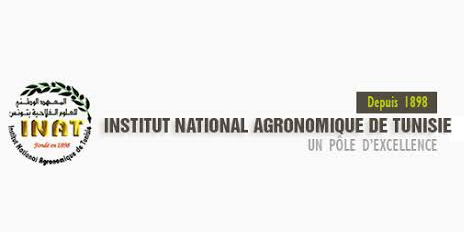
Institut National Agronomique de Tunisie
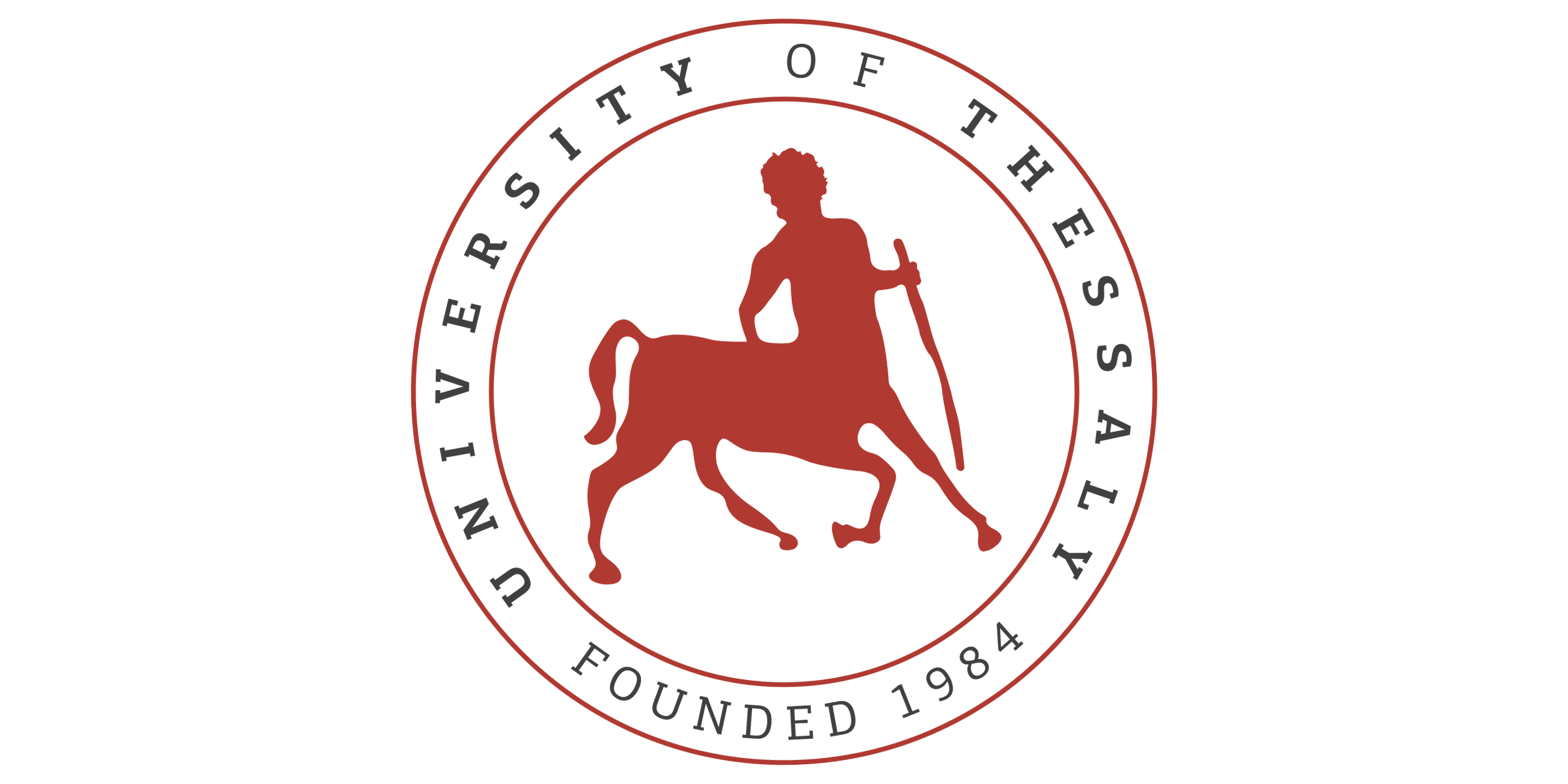
Panepistimio Thessalias

Centre d Actions et de Realisations Internationales Association
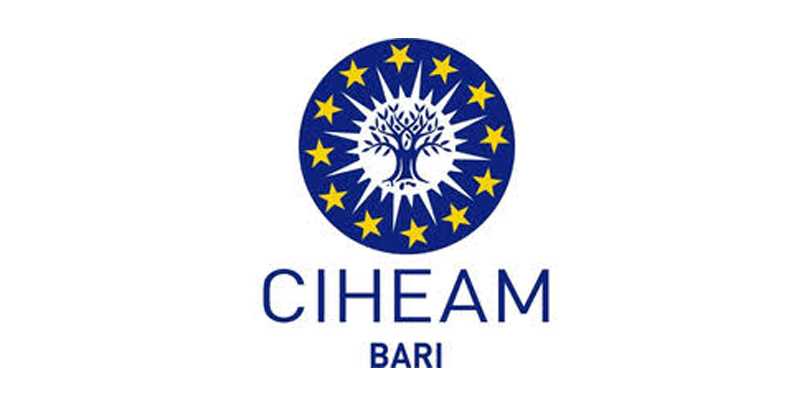
Centro Internazionale di Altistudi Agronomici Mediterranei

Leibniz-Zentrum für Agrarlandschaftsforschung (ZALF) e.V.

Wageningen University
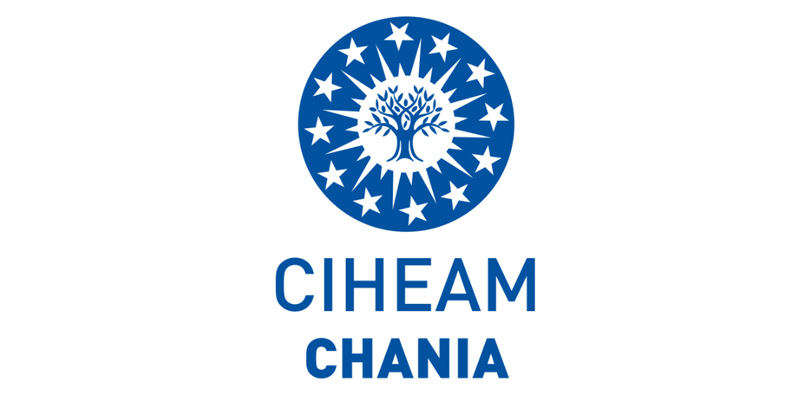
Mediterranean Agronomic Institute Of Chania
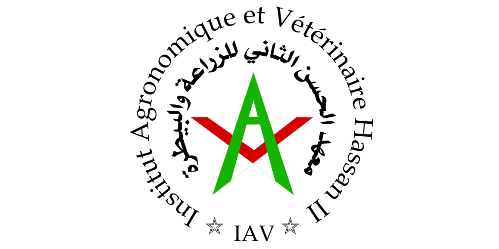
Institut Agronomique et Veterinaire Hassan II
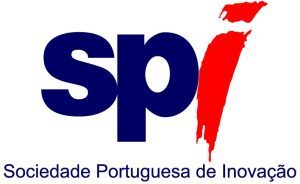
Sociedade Portuguesa de Inovação
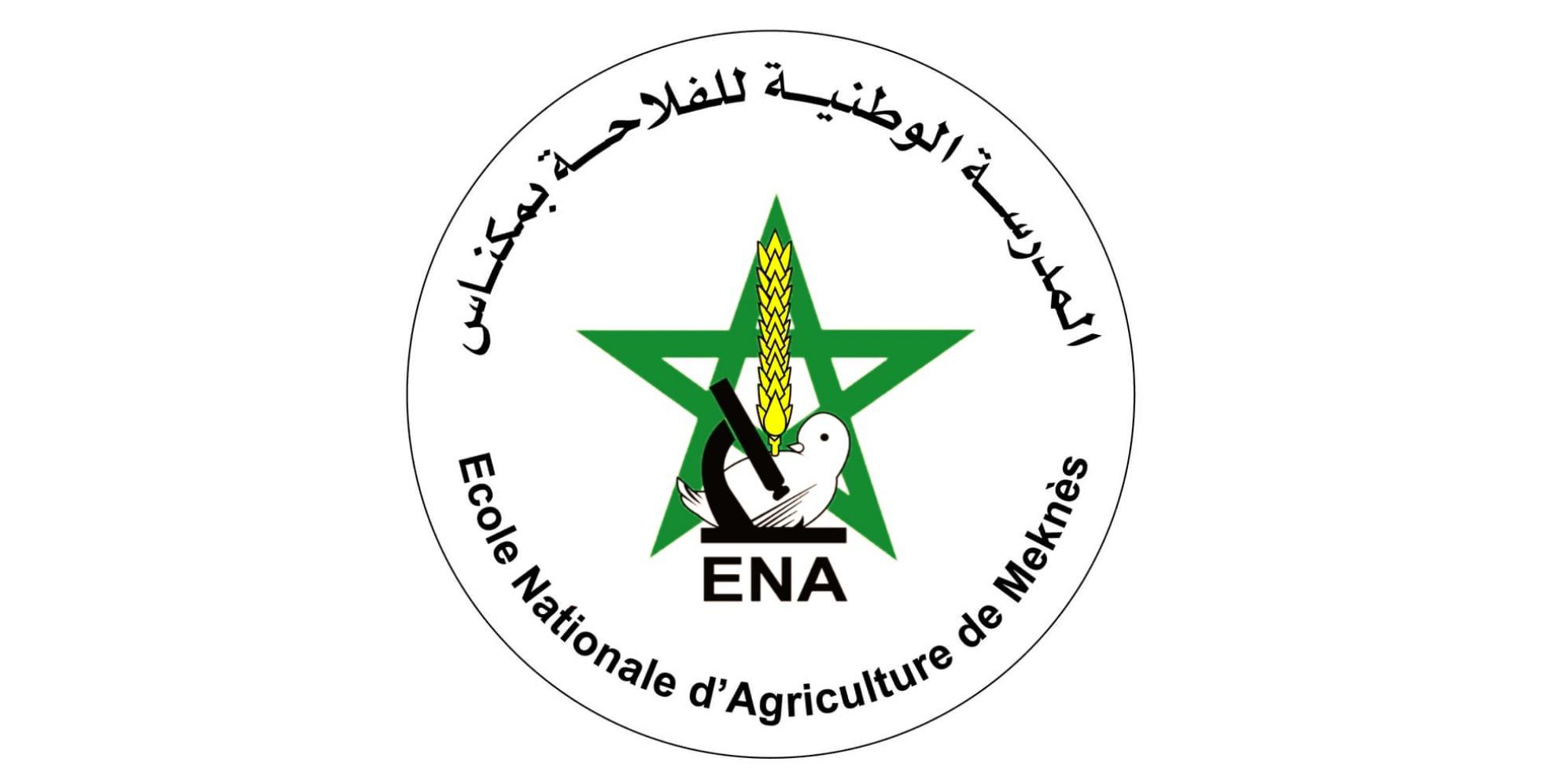
Ecole Nationale D'agriculture de Meknes
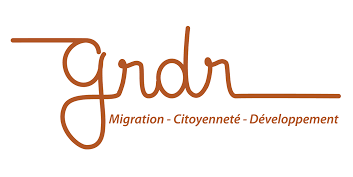
Groupe de Recherche et de Realisations Pour le Developpement Rural

Centre de Recherche en Economie Appliquee Pour le Developpement

Observatoire du Sahara et du Sahel
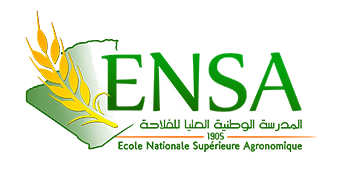
Ecole Nationale Superieure Agronomique
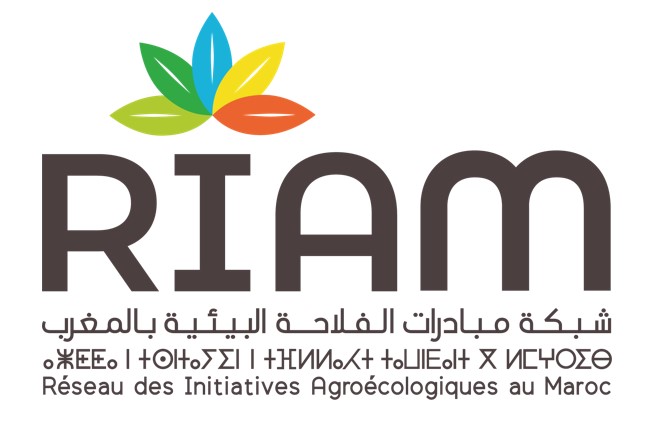
Réseau des Initiatives Agroécologiques au Maroc

Sebha University
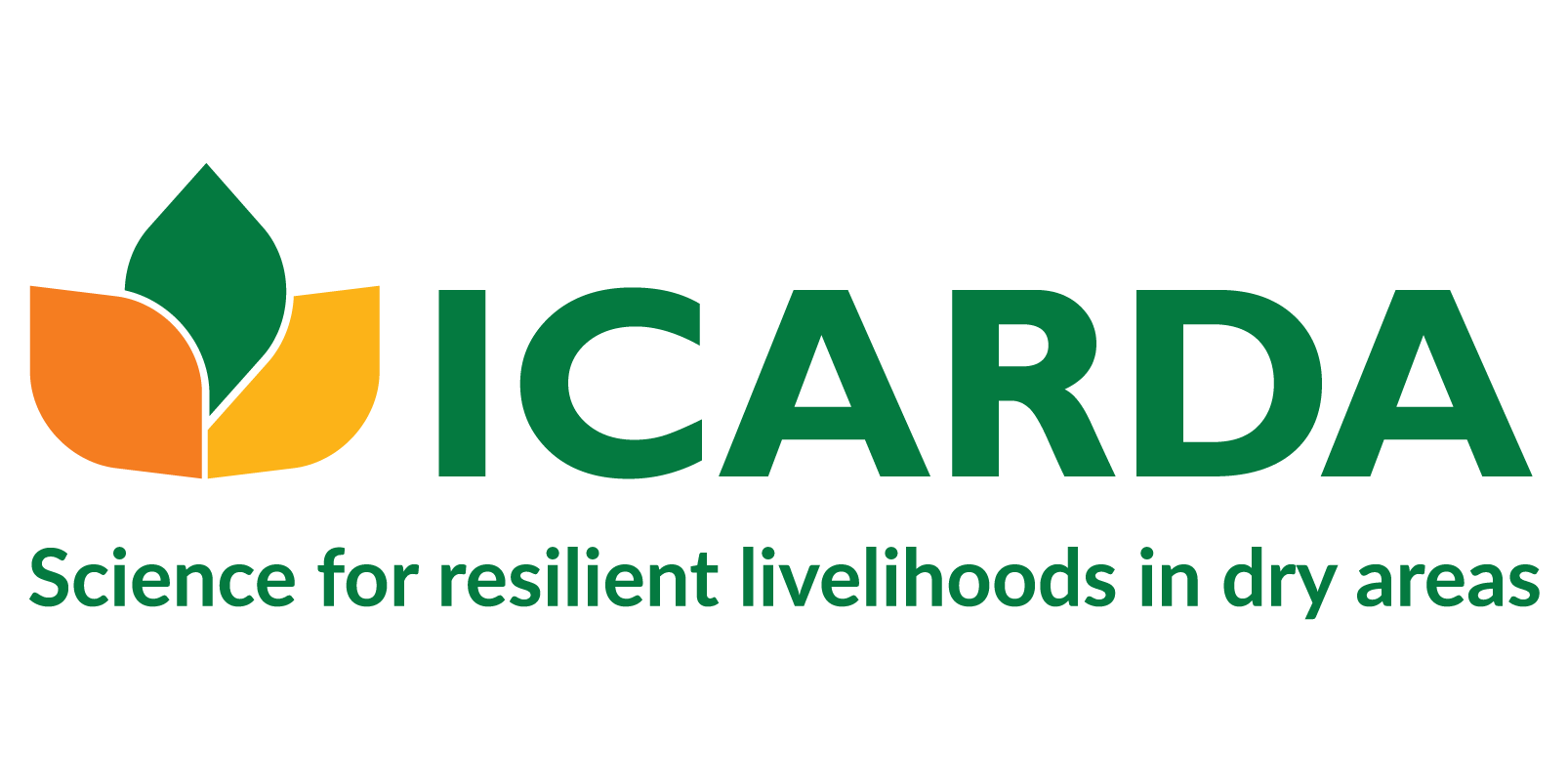
International Centre For Agricultural Research In The Dry Areas
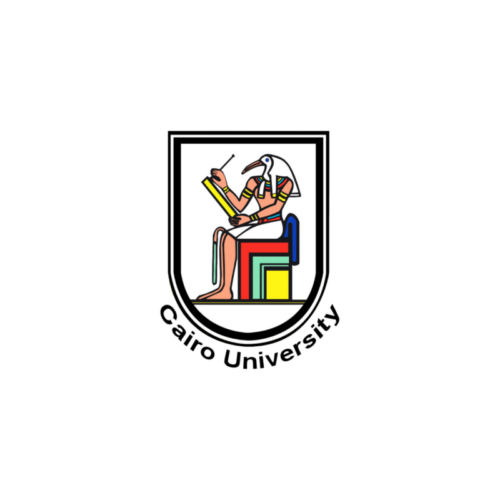
Cairo University
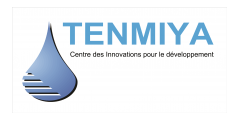
Tenmiya centre des innovations pour le développement
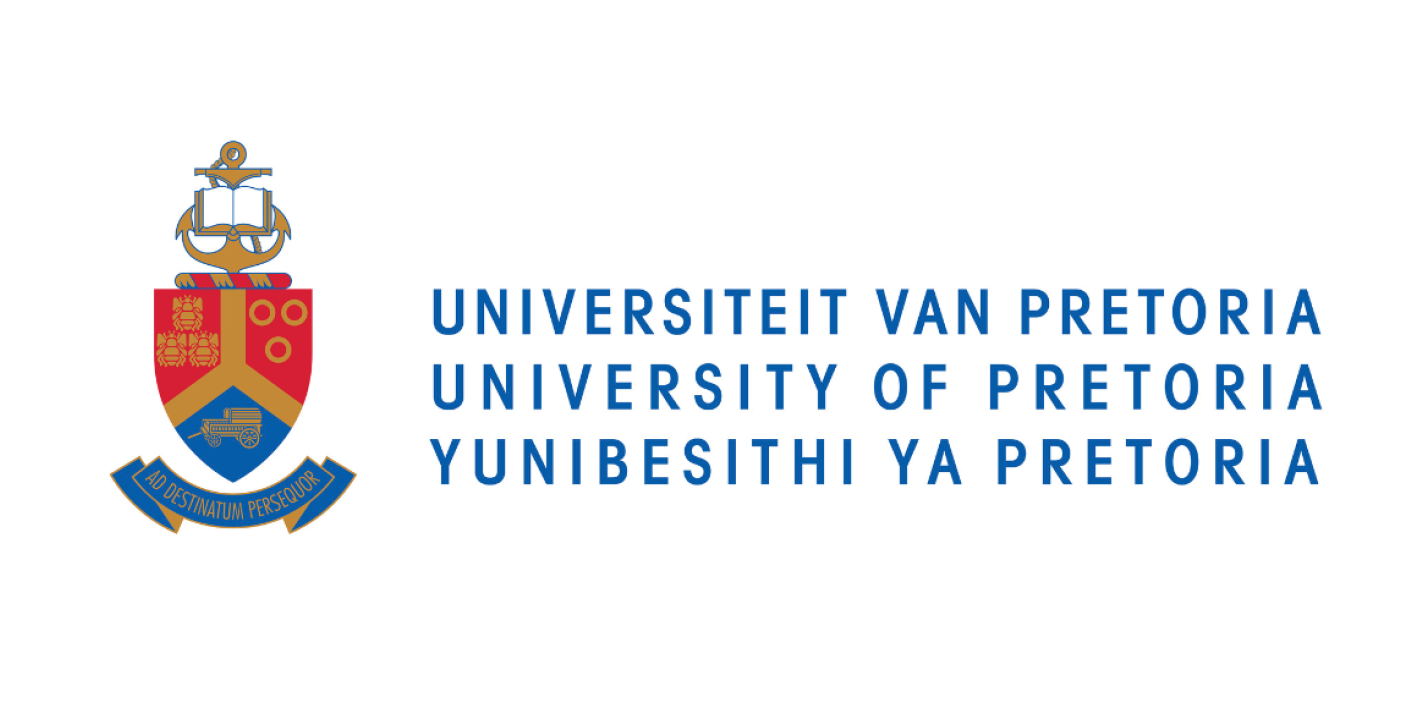
University of Pretoria
